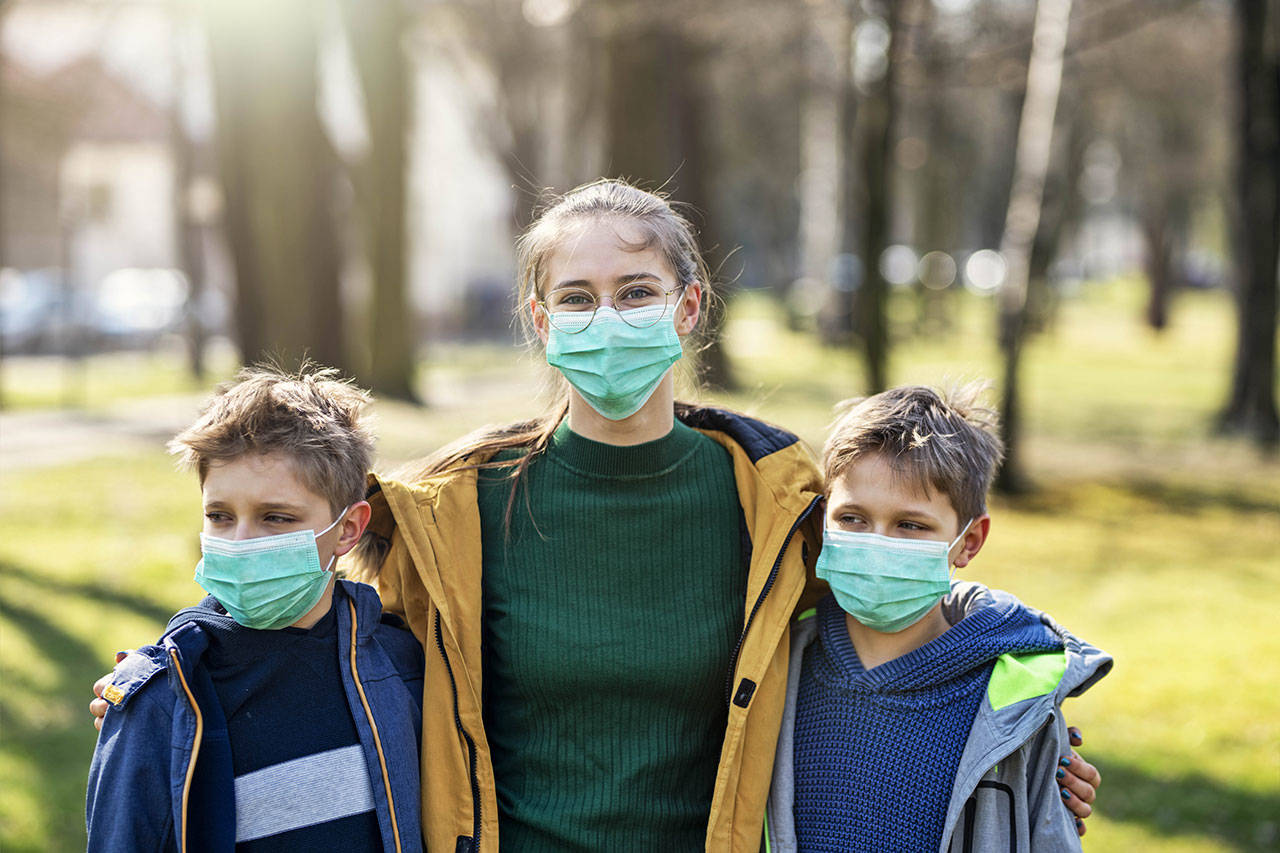By UW Medicine | Newsroom
Getting through this pandemic requires accepting that normal life is on pause, said Leslie Graham with UW Medicine.
How has the pandemic been for kids?
In general, teens are feeling lonely and younger kids are feeling socially isolated and anxious, said Leslie Graham, a pediatric social worker at the UW Medicine Kent-Des Moines Clinic.
Younger children don’t always have the words to express their anxiety, so it can emerge in tantrums and fighting with siblings, or in defiance to parents. Teens may withdraw.
Summer is typically less demanding on kids, but Graham said she anticipates increasing school demands and weather changes will lead to more referrals related to stress, chronic worry, anxiety and depression.
Here are eight tips for parents and caregivers to help their children manage during this unusual time:
• Accept: Graham said getting through this pandemic requires accepting that normal life is on pause. Do your best to problem-solve and stay present. Focus on getting through the day.
• Breathe: Use relaxation breathing techniques to seek calm and emotion-regulation, and teach these techniques to your children. Show them how to use the five senses to ground themselves. “It’s a great way to lower the heartbeat and center yourself in a stressful moment. Practice when not upset,” Graham said.
• Validate: Parents and caregivers need to listen actively and not feel obligated to always “fix.” Acknowledge what their kids are going through. “This must be hard. I hear you,” is an example of how to validate.
• Routine: Make sure kids have a predictable routine for meals and sleep. During the summer, they may have been off their sleep routine, staying up late and sleeping in. Consider having a planned menu or have school routine on a poster. Predictability can lower anxiety and a schedule allows for focus on good health.
• Socialize: Kids need to socialize. Online is not enough. Make sure they go out and exercise. Allow teens to go for a drive and meet their friends in a park, while maintaining social distancing and/or making sure your house rules surrounding COVID-19 are clear. Arrange outdoor play dates for smaller children. Even if it’s rainy, kids need to get outside and feel revived. This can be done creatively if kids know your family rules. Be creative in safely socializing or spending more one-on-one time with children, even if it is brief.
• Make plans: Schedule little activities to look forward to, such as a bike ride or Zoom call with family and friends. Plan meals. “Plan those small moments,” she said.
• Limit news: Be mindful of how much you watch the news and try not express anxiety around your children. Explain facts at their developmental level. Be aware of your own fears and anxieties.
• Seek help: Think of the doctor’s office or a school counselor as a place to seek help and resources.



